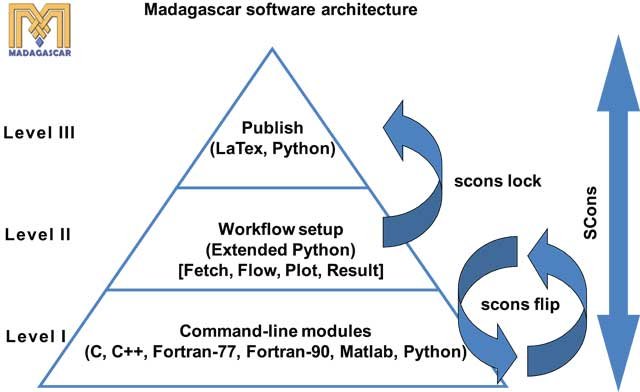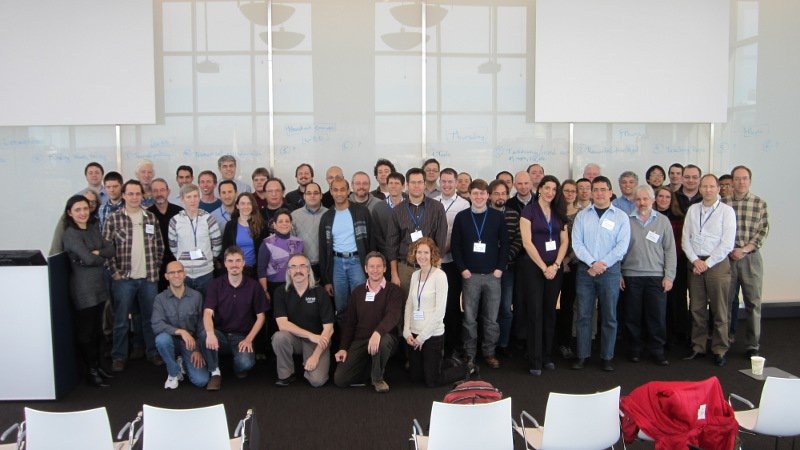“Doveryai, no proveryai” (translated as “trust, but verify”) is a Russian proverb, which became a signature phrase of Ronald Reagan during his nuclear-disarmament negotiations with Mikhail Gorbachev.

 Last week, this phrase was used by *The Economist * to describe the troublesome state of modern scientific research. The editorial article How science goes wrong states
Last week, this phrase was used by *The Economist * to describe the troublesome state of modern scientific research. The editorial article How science goes wrong states
“A SIMPLE idea underpins science: trust, but verify. Results should always be subject to challenge from experiment. That simple but powerful idea has generated a vast body of knowledge. Since its birth in the 17th century, modern science has changed the world beyond recognition, and overwhelmingly for the better. But success can breed complacency. Modern scientists are doing too much trusting and not enough verifyingto the detriment of the whole of science, and of humanity.”
The article goes on to describe the problems of non-reproducible unverifiable science
“Too many of the findings that fill the academic ether are the result of shoddy experiments or poor analysis. A rule of thumb among biotechnology venture-capitalists is that half of published research cannot be replicated. Even that may be optimistic…”
and eventually suggests a possible cure
“Ideally, research protocols should be registered in advance and monitored in virtual notebooks. This would curb the temptation to fiddle with the experiments design midstream so as to make the results look more substantial than they are. Where possible, trial data also should be open for other researchers to inspect and test.”
This sounds like another powerful message in support of reproducible research and a call for changes in the culture of scientific publications. In application to computational science, “virtual notebooks” are reproducible scripts that, in words of Jon Claerbout, “along with required data should be linked with the document itself”. The article ends with a call to science to fix itself
“Science still commands enormousif sometimes bemusedrespect. But its privileged status is founded on the capacity to be right most of the time and to correct its mistakes when it gets things wrong. And it is not as if the universe is short of genuine mysteries to keep generations of scientists hard at work. The false trails laid down by shoddy research are an unforgivable barrier to understanding.”




 Last week, this phrase was used by *The Economist * to describe the troublesome state of modern scientific research. The editorial article
Last week, this phrase was used by *The Economist * to describe the troublesome state of modern scientific research. The editorial article 


